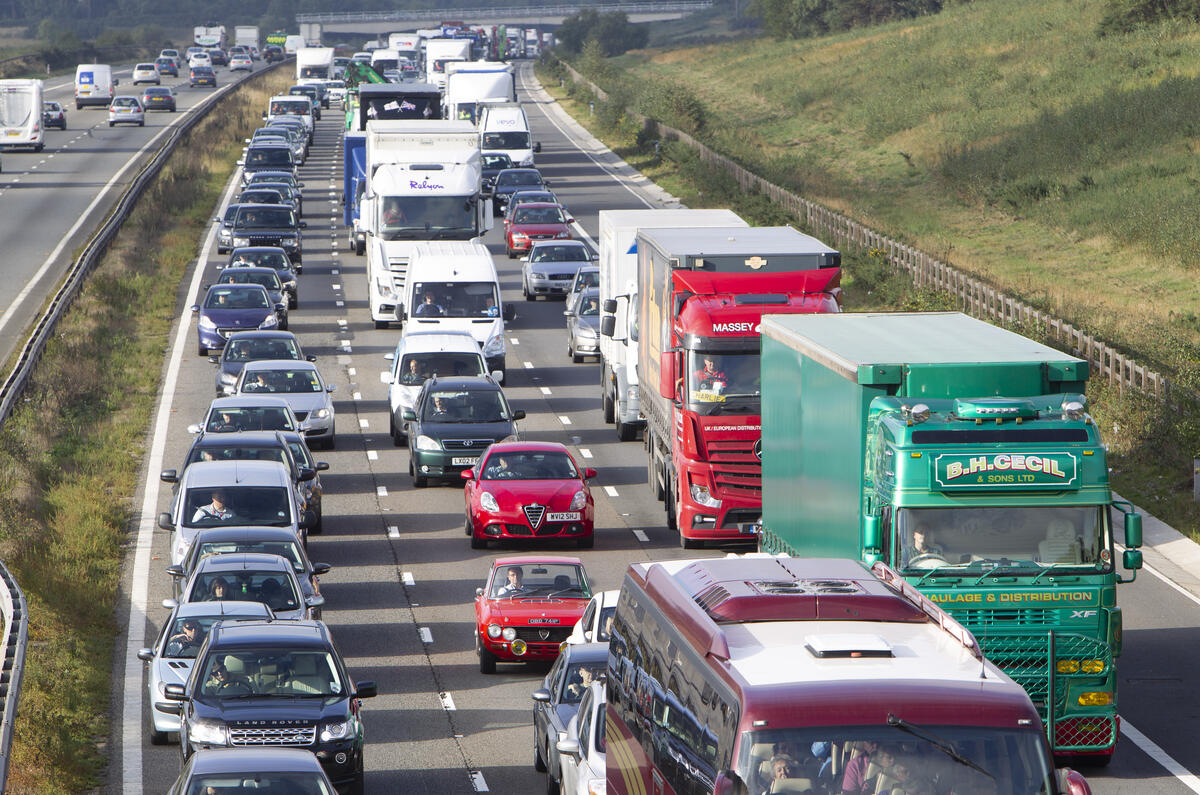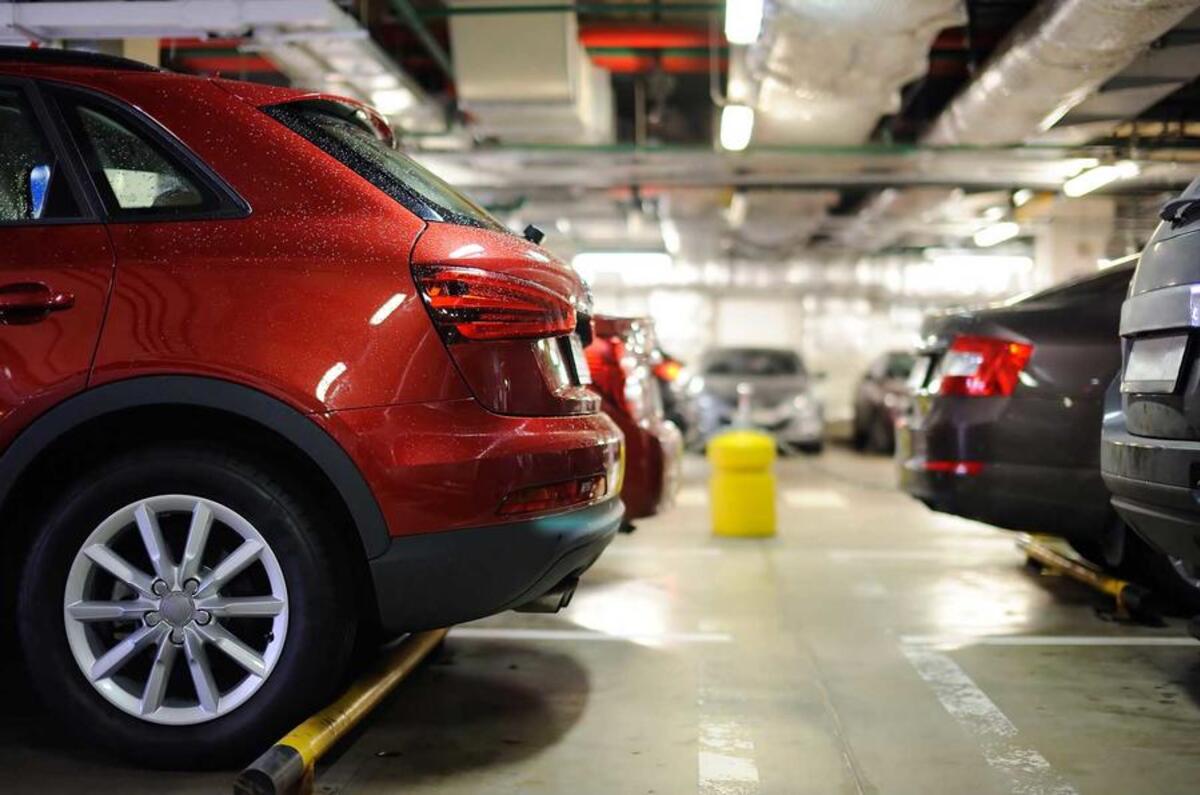If you drive to work, you could be forced to pay to park there in the near future, as local authorities are considering implementing workplace parking levies (WPL).
Currently, only businesses in Nottingham are charged a yearly fee (£458 per space for car parks with more than 10 spaces) and have been for the last decade or so. However, other areas are now considering introducing similar schemes.







Join the debate
Add your comment
If the intention is that in Leicester "what we're proposing is that every car journey and commute will be as if it is during the school holidays" doesn't that imply that people taking children to school by car is the problem?
My other comment is that if future expansion is expected to increase congestion, then the S106 / Community Infrastructure Levy money should be used to pay for the required public transport infrastructure.
All that will happen is people will park on the roads and then walk to their office from there. bloody stupid
I live 11 miles from work (office is on the edge of a city). Takes me 30 mins to drive. NO buses go directly, I'd have to take 3 buses via the city centre and 97 mins each way!! If the local council offers a decent alternative then I'd happily take it or pay to park. But when no other realistic option exists... and you can almost guarantee the coucil office spaces will be exempt or they will put up council tax to pay themselves to park!